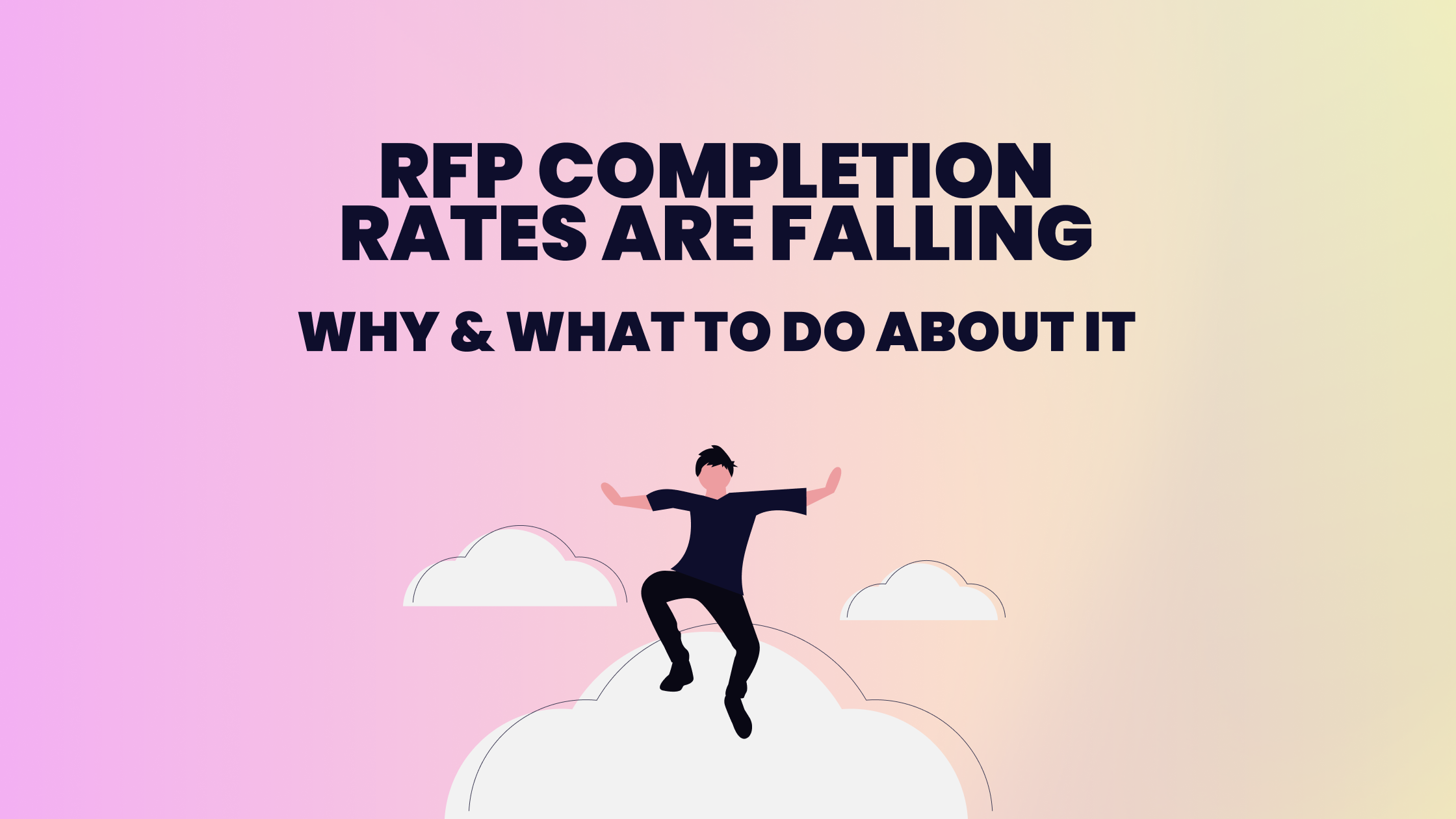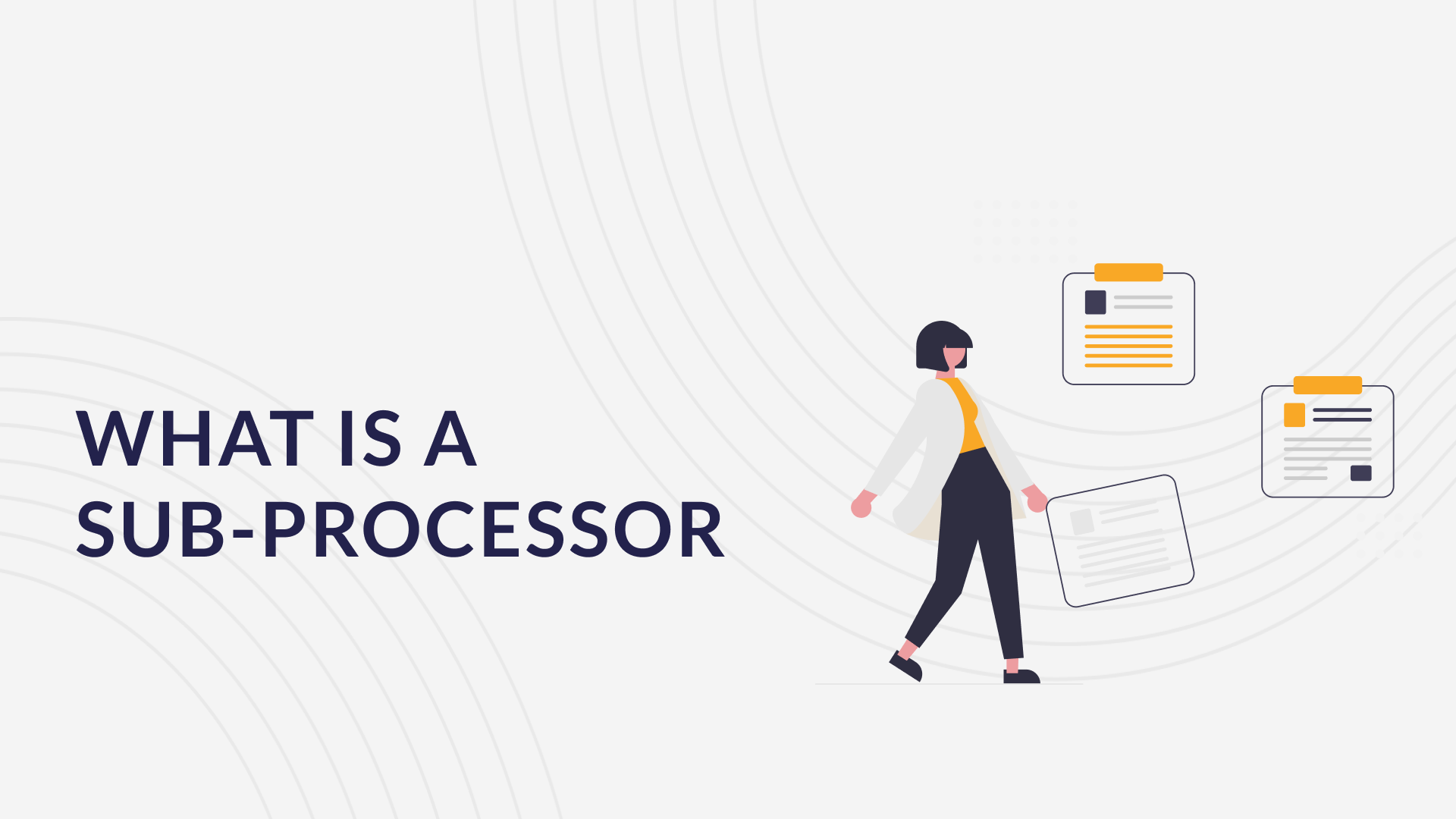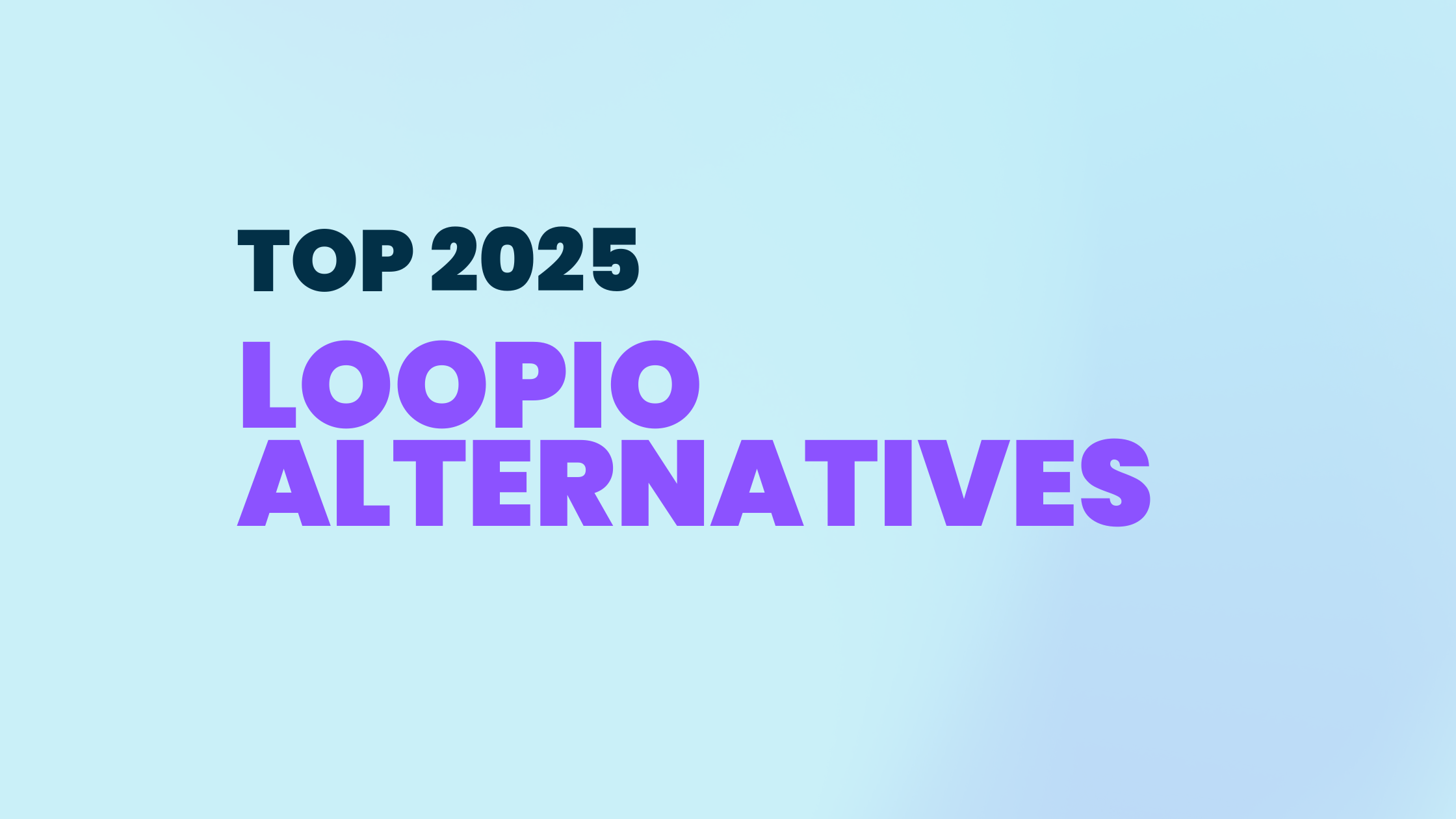Security questionnaires are a common hurdle in B2B sales, especially for SaaS and tech companies selling to enterprise buyers. They’re long, repetitive, and require input from multiple teams. Naturally, some teams turn to tools like ChatGPT, a general-purpose AI chatbot developed by OpenAI, to help speed up the process.
ChatGPT has major limitations when it comes to accuracy, consistency, and security. It doesn’t understand your company’s context, can’t reliably access your past responses or policies, and often produces answers that sound right but aren’t.
That’s where AI security questionnaire tools come in. These platforms are purpose-built to handle due diligence, RFPs, and compliance reviews. They integrate with your documents, autofill approved answers, and help teams respond faster without sacrificing accuracy or control.
Who is this for?
If you’re a Sales, Security, or Compliance professional at a B2B SaaS company struggling with slow, error-prone security questionnaire responses using ChatGPT or manual methods, this guide will help you understand the risks and discover purpose-built tools that can streamline your process, improve accuracy, and accelerate deal cycles.
Can ChatGPT Answer Security Questionnaires?
Yes, technically, but with serious limitations.
ChatGPT is a general-purpose large language model (LLM). While you can ask it to help fill in a security questionnaire or draft a policy, it doesn’t truly understand your business, your risk posture, or your compliance history. That makes it:
- Context-blind: It doesn’t remember previous answers unless you build a complex wrapper.
- Prone to hallucinations: It can generate plausible-sounding but inaccurate information.
- Disconnected from your systems: There’s no access to internal policies, controls, or compliance documents.
- Risky for production: Using ChatGPT to respond to sensitive questionnaires can undermine trust if answers are incorrect or unverifiable.
It’s great for prototyping or brainstorming but risky when accuracy, consistency, and auditability matter.
Why AI Security Questionnaire Tools Are Purpose-Built
Unlike general AI tools, security questionnaire platforms are built specifically for this job. They:
- Integrate with your documents, policies, and prior responses
- Automatically recognize recurring questions and suggest approved answers
- Track changes, ownership, and progress across stakeholders
- Support structured workflows that mirror how sales, compliance, and security teams collaborate
Comparing Core Capabilities
Response Accuracy and Consistency
- ChatGPT: Fluent, but unreliable. No guarantee the answer is correct or up to date.
- Vera: Answers are pulled from your reviewed documents and past responses, minimizing risk and rework.
Speed of Completion
- ChatGPT: Fast for one-off answers, but not optimized for full questionnaires.
- Vera: Autofills entire questionnaires in seconds using stored, compliant content.
Contextual Understanding
- ChatGPT: Doesn't remember your past answers, policies, or preferences unless heavily engineered.
- Vera: Knows your company’s context automatically.
Handling Repetition and Scalability
Reuse of Past Answers
- ChatGPT: Doesn’t retain a knowledge base across sessions.
- Vera: Recognizes and reuses approved answers with smart autofill.
Answer Versioning and Change Tracking
- ChatGPT: Static and siloed - you can't track where an answer came from or if it’s outdated.
- Vera: Provides answer history, reviewer status, and flags content that needs updates.
Enterprise Readiness
Collaboration and Review Workflows
- ChatGPT: No team collaboration features or multi-user editing.
- Vera: Supports reviewer tags, in-line comments, and audit trails.
Permissions and Security
- ChatGPT: Not built for sharing sensitive company data.
- Vera: Built with enterprise-grade permissions and data handling in mind.
Compliance and Risk Management
Built-In Compliance Frameworks
- ChatGPT: Doesn’t map answers to compliance frameworks.
- Vera: Aligns responses with standards like SOC 2, ISO 27001, GDPR, and more.
Audit Logs and Risk Prioritization
- ChatGPT: No ability to track who wrote what or when.
- Vera: Keeps a full audit trail and helps teams prioritize gaps.
Total Cost of Ownership
Custom-engineering a secure, reliable GPT-based questionnaire assistant can take months of dev work and introduce legal or compliance risks.
Vera, by contrast, delivers:
- A secure, ready-to-go platform
- Rapid deployment
- Continuous learning based on your documents and feedback
- Support for every team involved in security reviews
Key Takeaways & Wrap Up
If you’re answering security questionnaires with ChatGPT, you’re using a general tool for a high-stakes job. Remember:
- ChatGPT is powerful, but not built for security questionnaires.
- Purpose-built tools like Vera are faster, safer, and more scalable.
- Enterprise-grade features like collaboration, compliance mapping, and autofill make Vera the smart choice.
Vera was built for this exact challenge, helping fast-moving companies accelerate sales without compromising security or compliance.
Get started with Vera or book a demo and see it in action.
ChatGPT vs AI Security Questionnaire Tools - FAQs
Can’t I just use ChatGPT for free?
Yes, but free doesn’t mean risk-free. ChatGPT can generate incorrect answers that damage trust and delay deals.
What if I train ChatGPT on my data?
You’ll need to build and maintain a complex wrapper to give it memory, access control, and auditability, things Vera offers out of the box.
Is Vera secure?
Yes. Vera is designed for sensitive data, with access control, audit logs, and secure storage.
How long does it take to get started?
Most teams are up and running in under a day. You can start with a single questionnaire and scale from there.
What teams use Vera?
Sales, Pre-sales, Security, and Compliance teams at 200+ high-growth B2B companies trust Vera to streamline security reviews and RFPs.



